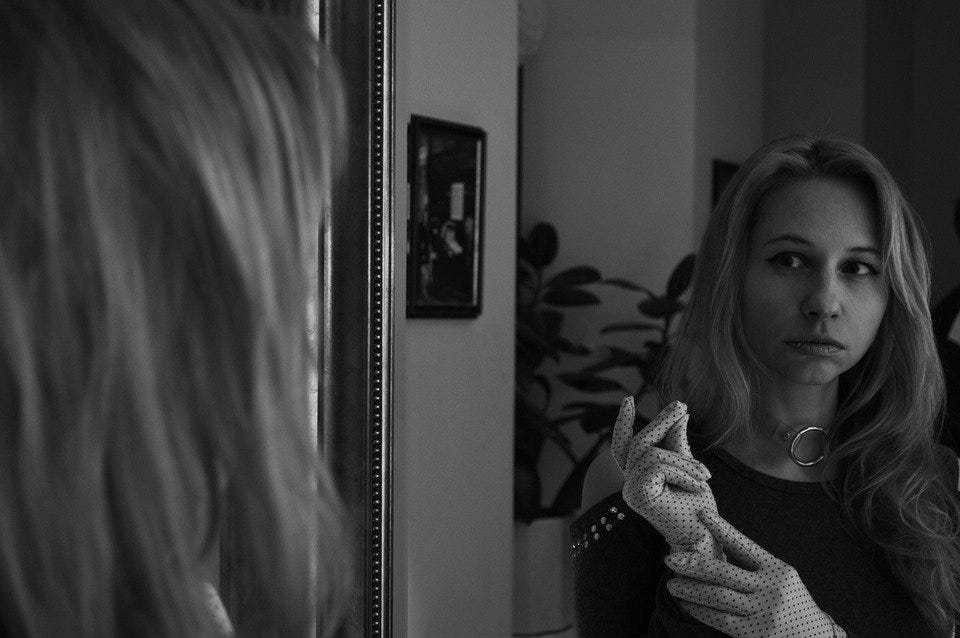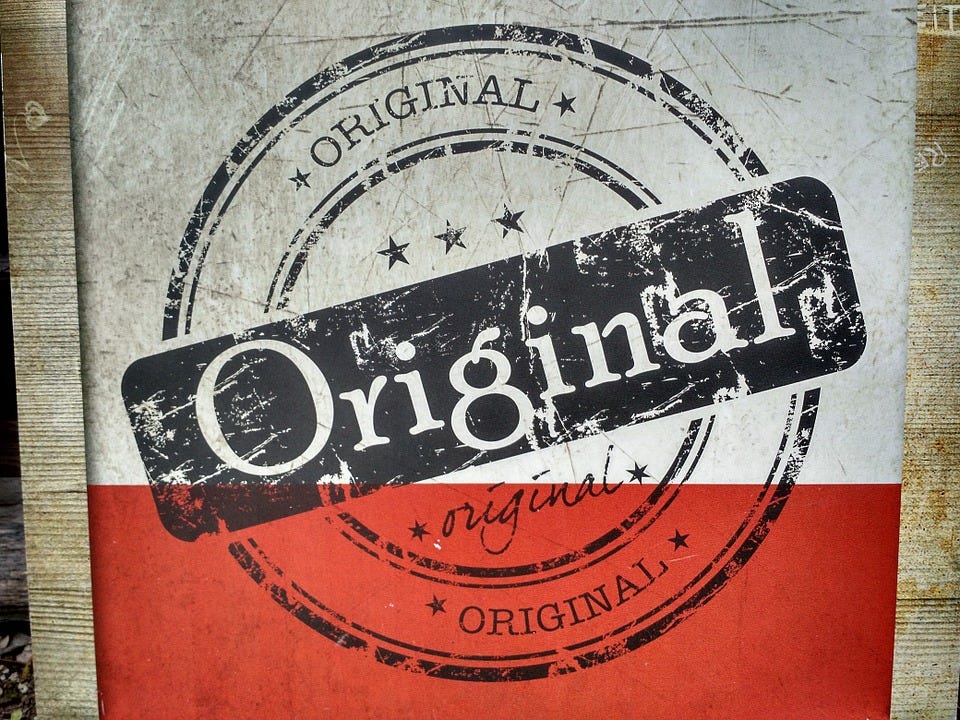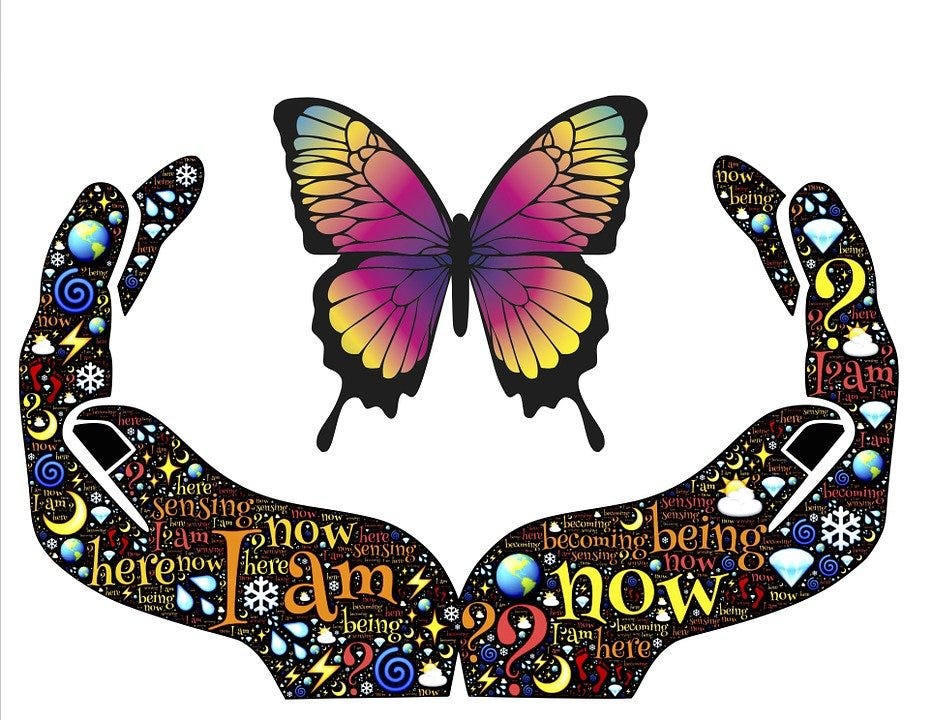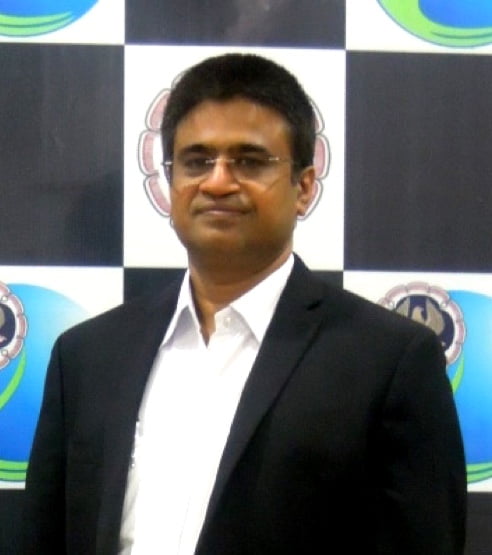Weare told that we need to “be original”. But, do we even know what that means?
When people say “be original”, it has two possible meanings — they either mean “be different from the rest” or “do something entirely new, exclusive.”
The idea of “being special” and ‘different’ from the rest has been instilled by the society in us over the ages…

On top of that, the pressure to be original’ has turned into a struggle due to the bombardment of personal development literature on who to be, what to want, and how we should express ourselves.
The Search for Authenticity
We all desire to be original in our lives. We try to change our minds to inquire who we really are. We start with a vision about what our “true” self is, but that first step turns out to be remarkably difficult because we have to work out what a “true” self could be. We give up because this whole “getting to know ourselves” thing is damn confusing.
Descartes said that there is nothing like an original thought. Well, there’s some legitimacy to the idea for sure.
Everything’s been used, added to, or reduced. Whatever we do is a manifestation of something we have read, thought of, seen, or experienced.
There is nothing that is truly “original”. If we actually had something that was — it would be so strange to us we wouldn’t understand it.
So, what we call “original idea” needs to be understood in the realm of existential reality.
Delving Deeper
Whatever a human being understands already exists in reality. This understanding is called “discovery” or an “invention”.
Whenever we say something is an original invention, it has to exist in existential reality. Otherwise, it’s just wrong or an incomplete idea.
We all desire to be original in our lives. We try to change our minds to inquire who we really are. We start with a vision about what our “true” self is and then keep rejecting that view. Even that first step turns out to be remarkably difficult because we have to work out what a “true” self could be. We give up because this whole “getting to know ourselves” thing is rather perplexing.
Descartes said that there is nothing like an original thought and everything has been used, updated, or reduced. The interesting part is that Socrates said the same thing more than 2,000 years earlier. There’s some legitimacy to the sentiment for sure.
To reiterate, whatever we do is a manifestation of something we have read, thought of, seen, or experienced. There is nothing that is truly “original”. If we actually had something that was — it would be so alien to us we wouldn’t understand it. Pun intended.
So what we call “original idea” needs to be understood in the realm of existential reality.

There can be millions of wrong ideas till we arrive at the right idea. Once we understand the right idea it means we have arrived at the actual reality. Then there remains no need to try to be original about that idea or authenticate it since it’s already real.
What is unreal cannot be authenticated no matter how hard we try. That’s the existential law.
The right idea no longer remains an idea rather it becomes an existential reality. It remained an idea only till it was not validated.
Having the right idea, in any context, means having a complete, holistic view of reality. In other words, the total picture of reality, as it exists.
Thanks to the language and rapid growth in means of communication and to the efforts of human beings, we are close to getting the total picture.
Once this total picture is added to education, the reality will be transferred to the entire human generation. From then on, no confusion will remain about human life, human purpose, happiness, and this existence.
Then there will remain no need to do anything original in addition to what already exists because all the human society will be aligned with what is real. Simply put, once the reality is known, the unreal ceases to exist. That’s another existential law.
The planet earth has already entered this golden era and the complete explanation or total picture of reality is available in the form of books, audio, and video. We have to read it and experience it and validate it ourselves to know the reality.
Language is a construct of the human race. Reality existed before we started using and learning language, so language has its limitations. Language will work up to an extent and a human being has to put his own efforts to understand reality and align his intelligence with the same.
All in all, the originality of every human being is necessary till his perception aligns with reality. In order to understand and to begin to EXIST in reality, man has to superimpose his perception of reality. That is possible through knowing himself, knowing existence, and his role in harmony with other elements.
The knowledge of existential reality evaded mankind till now but this knowledge is now available and every human being can directly experience the same. Everything can be known through logic and reasoning. You can understand every element in existence and do justice in your interaction with the same.
Moral of the Story
Popular belief: We need to be unique and special, different from other human beings.
Existential Reality Check: We all need to become ordinary human beings first. We need to accept that humanity is connected instead of thinking of each one as unique, special, and trying to outdo. From being special now every guru, every president, every tycoon should strive to become an ordinary person and then we will see the earth become safe again.
Instead of going by the belief that every human being is unique, we need to understand that every human being is the same. They all have the same inbuilt morality of being just, fair, and righteous. This is the existential reality of human beings.




